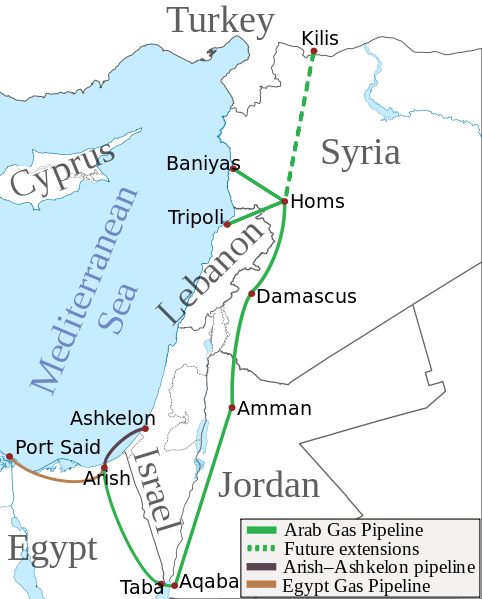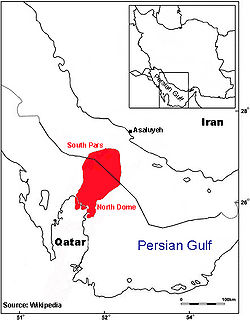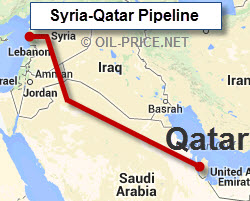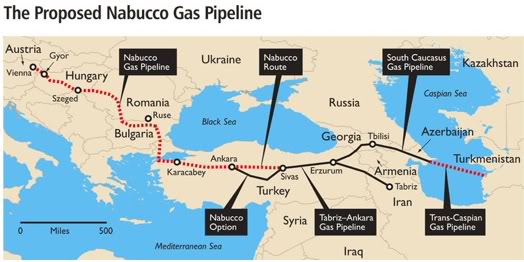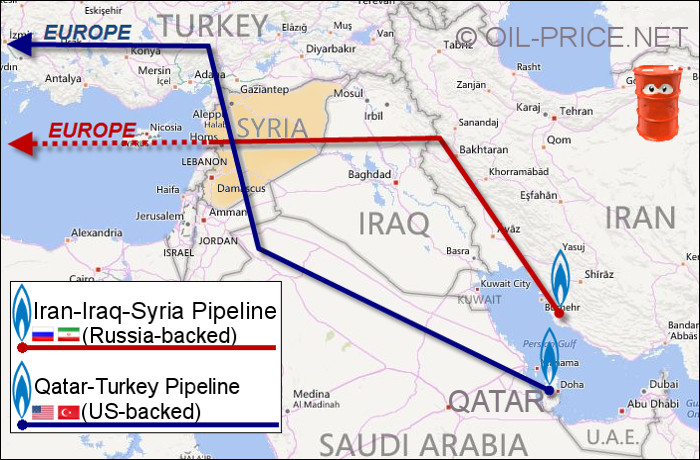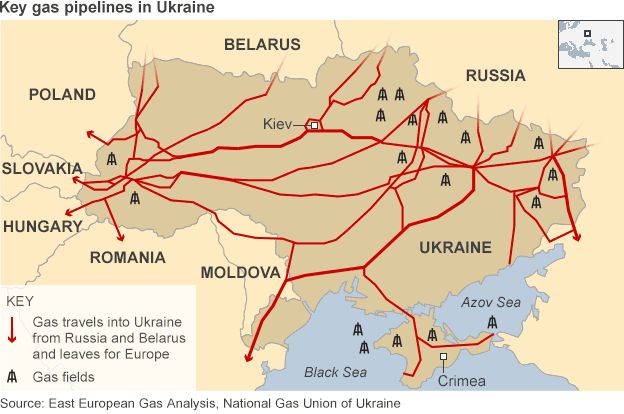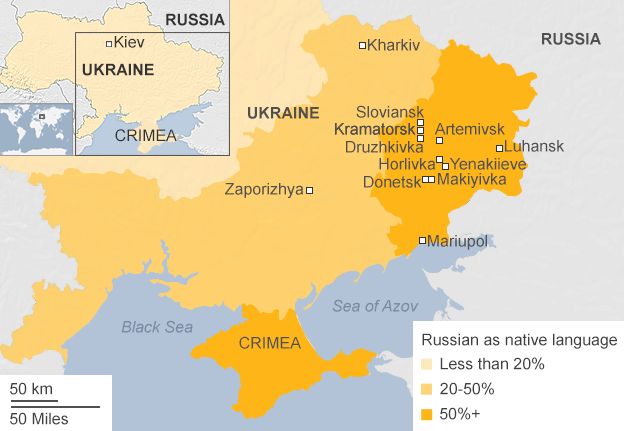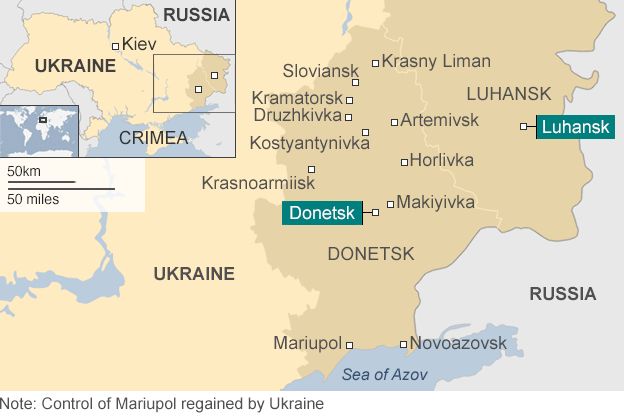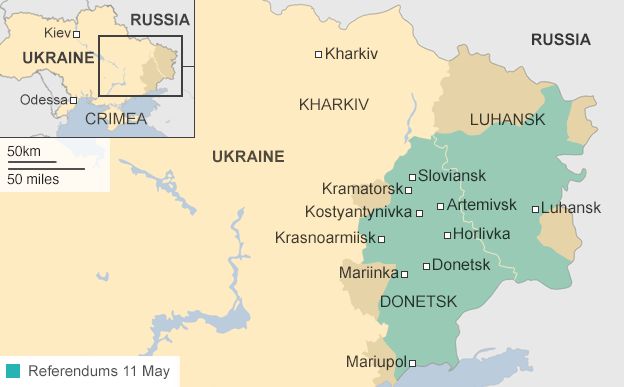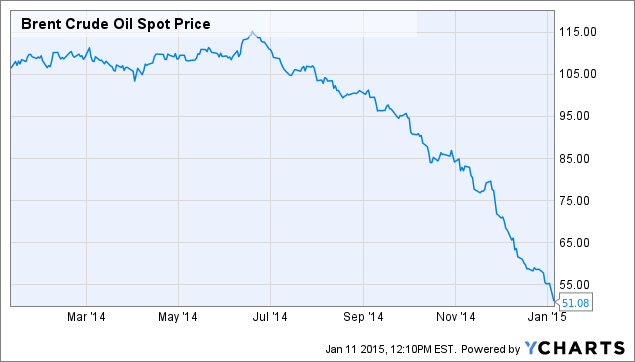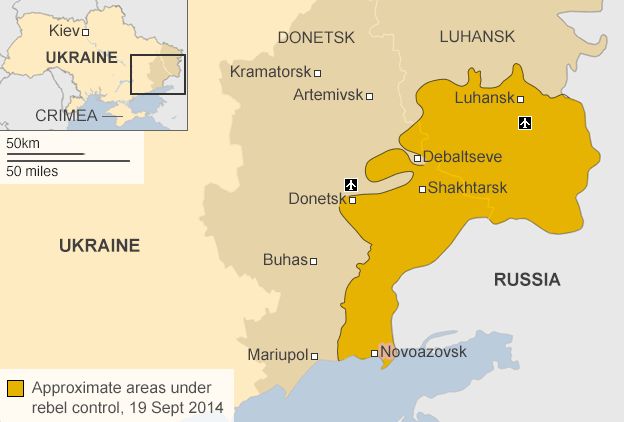You may view the 5 minute update this week via audio:
In this week’s 5 minute update, we focused on:
1) An examination of the BDS movement against Israel as it relates to the efforts by the EU to label Israeli goods made in the West Bank
The Boycott, Divestment and Sanctions Movement (BDS Movement) is a global anti-Israel campaign attempting to increase economic and political pressure on Israel to achieve the political goals of the Palestinians regarding the Israel / Palestinian conflict. The campaign was started on 9 July, 2005 by 171 Palestinian non-governmental organizations in support of the Palestinian cause for boycott, divestment and international sanctions against Israel. The BDS campaign called for “various forms of boycott against Israel until Israel meets its obligations under international law.”
In response t0 the BDS movement, Israel Prime Minister Benjamin Netanyahu said that these efforts will not achieve their aims. He said: “First of all, they cause the Palestinians to become entrenched behind their obstinate positions and push peace farther away, and secondly, no pressure will cause me to give up Israeli vital interests, first and foremost the security of Israeli citizens.”
As a form of an initial boycott against Israel, in April, the foreign ministers from 16 out of 28 European Union countries sent a letter to EU foreign policy chief Federica Mogherini asking her to push forward the process of labeling goods produced in Israeli settlements that are sold in grocery chains across the continent. Signing the letter were the foreign ministers of France, Britain, Spain, Italy, Belgium, Sweden, Malta, Austria, Ireland, Portugal, Slovenia, Hungary, Finland, Denmark, The Netherlands and Luxembourg.
In the letter, they said: “[The] continued expansion of Israeli illegal settlements in the Occupied Palestinian Territory and other territories occupied by Israel since 1967 threatens the prospect of a just and final peace agreement.” The German Foreign Minister was the only one of the five major European foreign ministers not to sign the letter. Germany has dissented from the initiative to mark settlement products in the European market, in great part due to its historic and symbolic relationship with Israel. Germany’s ability to prevent a decision on the matter is limited but it has clarified that it opposes the step and will be the last country in Europe to implement such a process.
European Union Ambassador to Israel Lars Faaborg-Andersen said that this policy is the by product of “the EU position that we do not recognize Israeli authority in the West Bank. It is not part of Israel. It is not part of what we understand to be Israel’s international recognized borders.”
The effort to advance EU guidelines for labeling settlement products across the continent began several years ago. In April 2013, the foreign ministers of 13 EU countries sent a similar letter to Mogherini’s predecessor, Catherine Ashton. She began pushing the initiative forward, but put it on hold in the summer of 2013 at the request of U.S. Secretary of State John Kerry who was trying to restart Israeli-Palestinian peace talks.
European and Israeli diplomats said that in private discussions between EU states that took place before the March Israeli elections that many of the countries representatives said that if Netanyahu was reelected and forms a right-wing government, they will have no choice but to impose sanctions on settlement products and take other steps to prevent Israel from crossing “red lines” that would make a two-state solution impossible.
The actions considered “red lines” by the Europeans are building in the E1 area between the settlement of Ma’aleh Adumim and Jerusalem, construction in the Givat Hamatos and Har Homa neighborhoods of Jerusalem, both of which are beyond the Green Line. The EU believes Israeli construction in those areas would jeopardize the possibility of creating a contiguous Palestinian state and would not enable Jerusalem to serve as the capital of both states.
In July, the European Council on Foreign Relations (ECFR) published a report claiming that the EU is in violation of its own laws by not differentiating more actively away from companies and institutions that operate in “occupied Palestinian land.” The report cites as a legal basis the European Commission guidelines from 2013 in which it states that the EU and member-state-funded lending cannot be provided to Israeli entities operating in the West Bank. The ECFR includes East Jerusalem as well as the West Bank as occupied territory.
According to the report by ECFR, the main purpose of the new law is to push for a larger separation between the EU and any company or person associated with the West Bank. The ECFR seeks to force Israel to reevaluate its relationship with the EU and to push Israel to adopt a Palestinian state. Additionally, the EU and its member states have been heavily funding NGO’s whose primary aim is to internationally delegitimize Israel. According to Israeli Foreign Ministry estimates, these NGO’s, many of whom are located in Israel as well as in the West Bank receive between 100-200 million Euros annually.
Deputy Foreign Minister Tzippi Hotovely (Likud) recently traveled to meet foreign ministers from Denmark, Sweden, Switzerland, the Netherlands, Germany, Norway, Spain and the United Kingdom. She demanded that they take a closer look at the spending that their countries are doing to prevent these funds from being transferred to NGO’s that Israel has classified as anti-Semitic. According to Hotovely, the financial assistance to anti-Israel NGO’s “support boycotts against Israel, blacken its face around the world, accuse it of ethnic cleansing, apartheid, and war crimes; deprive the Jewish people of their right to self-determination, call to prosecute Israel in the International Criminal Court at The Hague, and negate the right of return”.
In response, the European Union agreed to push through a new law labeling products made in the West Bank in a move that has greatly angered Israel and was seen as a major win for the Boycott, Divestment and Sanctions (BDS) movement. EU diplomats have long said that labeling products is only the first step in financial actions that will be taken against Israel’s presence in the West Bank. When approved, the new proposal will create financial hardships for Israelis who have dealings with the EU or EU banks in the areas of banking, loans and mortgages, tax exemption status, visas for citizens of Israel who live in the West Bank, qualifications earned in academic institutions such as Ariel University, and the tax-exempt status of European charities that deal with Israeli companies or organizations that have a presence in the West Bank.
In September, the European Parliament passed a resolution that called on the EU to play a greater role in the Mideast diplomatic process and stated that the parliament “welcomes” the EU’s commitment that all agreements with Israel “must unequivocally and explicitly indicate that they don’t apply to the territories occupied by Israel in 1967,” and encourages EU foreign policy chief Federica Mogherini to “take the lead” on “completing the work on EU-wide guidelines on the labeling of Israeli settlement produce.” Furthermore, the resolution stated that “preserving the viability of the two-state solution through concrete action and ensuring full respect for the rights of civilians on both sides must be an immediate priority for the EU and the international community.”
Furthermore, European parliamentarians called on Mogherini and EU Special Representative Fernando Gentilini to promote a two-state solution within the framework of the Arab Peace Initiative, and said individual member nations needed to play a greater political role in the peace process. The 2002 Arab Peace Initiative calls for an Israeli withdrawal from the Palestinian territories in exchange for full normalization of ties between Israel and the Arab world.
Israel Prime Minister, Benjamin Netanyahu, called the resolution “unjust,” and implied that it echoed decisions taken during the German Nazi era. He said: “It is simply a distortion of justice and of logic and I think that it also hurts peace; it does not advance peace. The root of the conflict with the Palestinians is not the territories and the root of the conflict is not the settlements. We have historical memory of what happened when Europe labelled Jewish products.”
The Israel Foreign Ministry spokesman Emmanuel Nachshon lashed out against the EU in a scathing response to the EU action, saying, “The State of Israel takes the parliament’s decision seriously, in particular the call for labeling products. The process of labeling is discriminatory and reeks of boycott. He added: “Under the cover of a technical move, this is an attempt to impose a diplomatic solution instead of encouraging the Palestinians to return to negotiations,” he said. “Europe acts toward Israel with sanctimonious hypocrisy while it would never consider proposing a similar solution to northern Cyprus or the Western Sahara.”
Deputy Foreign Minister Tzipi Hotovely said it was necessary to “call the child by it’s name,” and that “labeling products is a boycott.” She added: “Israel will not allow any body to discriminate between products made by Israeli citizens and the territory of the state of Israel,” she said. “Efforts to move forward any [diplomatic] agreement by unilateral moves, especially labeling products, will fail and lead nowhere,” she said. Former Israel Foreign Minister, Avigdor Liberman responded by sayin that the European Union might as well label West Bank settlement products with “yellow stars.” As part of their initial decrees against the Jews, the German Nazis forced them to wear yellow stars. Yesh Atid party head Yair Lapid spoke with the EU’s foreign policy chief Frederica Mogherini and asked her not to move forward with the matter because “This is a de-facto call to boycott Israel,” he said.
After the EU decision, Netanyahu went to England. He impressed upon British Prime Minister David Cameron that efforts in Europe to restrict trade with the Jewish state could cost the continent access to Israeli tech and strategic influence in the region. He said: “The future belongs to those who innovate. Britain and Israel are two great centers of technology. Israel is a global hub of innovation especially in cyber security. And I think that if we pull our resources together we can offer a better future and a greater prosperity.” In addition, Netanyahu stressed that Indian and Chinese investment in Israel could surpass Europe’s in the future especially amid increasing efforts in Europe to limit business between its companies and Jewish settlement-related companies.
In late September, a senior European Union official said that labeling of products manufactured in Israeli settlements in the West Bank would become effective October 1. According to the official, the EU was set to finalize by mid-October remaining legal and technical issues regarding the settlement labeling, such as how exactly to mark the products and how to execute the process. The official added that the EU will consider further punitive measures if the Israeli government announces plans for more construction beyond the Green Line in east Jerusalem and the West Bank. “If this is the case, we will continue with moves against settlement expansion, and the marking of products will just be the beginning,” he said. However, in November, the EU announced that they would publish the guidelines that would require the labeling of consumer goods produced in the Israeli settlements in the West Bank.
For the EU, the labeling of Israeli settlement goods is political. It is meant to put pressure on Israel to support the creation of a Palestinian state with East Jerusalem as its capital. It will not lead to great economic harm to Israel as exports from the settlements to the EU make for less than one percent of Israel’s total exports to the EU.
Ohad Cohen, who heads the foreign trade section in the Israeli Ministry of Economy said that efforts are underway to find new markets for Israeli goods, besides Europe and the United States. He said: “Israel is trying to develop markets in Asia and Latin America, to give those Israeli exporters who could run into difficulties while exporting to the European Union new possibilities.”
An agreement to divide Jerusalem and establish a PLO state is a tribulation event.
The link to these articles are as follows:
1) Boycott, Divestment and Sanctions
2) Boycott of Israel ‘amoral, unjustified,’ Netanyahu says
3) EU Votes to Label Goods Made in Judea & Samaria
4) EU Considers Sanctioning Israeli Banks
5) Labeling settlement products gets further push as European Parliament backs move
6) Liberman likens EU to Nazis in light of reported plan to label settlement products
7) PM: EU vote to label Israel settlement products echoes Nazi era
8) Report: Netanyahu Tells UK That Boycotting Israel Would Be EU’s Loss
9) EU official: Labeling of settlement goods to begin in October
10) After EU labeling of West Bank goods, paper proposes banking steps on Israel
11) EU code on Israel settler exports expected by December
12) European FMs Urge Policy Chief: Label West Bank Settlement Products
13) Israel squirms over EU’s change in labeling products from West Bank
14) EU plans to label West Bank products proceeding
From a Biblical prophetic perspective, the reason why the God of Israel would allow these events to happen is because it will result in the end of the exile of the house of Jacob and the reunification of the 12 tribes of Israel (Ephraim and Judah).
We will to be “watchmen on the walls of Jerusalem” and we will not rest until the God of Israel makes Jerusalem a praise in the earth (Isaiah 62).
Shalom in Yeshua the Messiah,
Eddie Chumney
Hebraic Heritage Ministries Int’l
